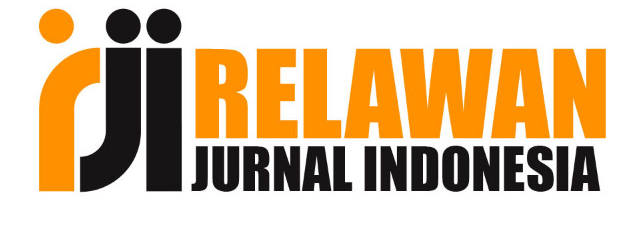Implementation Of Good Corporate Governance (GCG) In Palm Oil Plantation Companies In Indonesia (Literature Review)
DOI:
https://doi.org/10.36982/jiegmk.v15i2.4784Abstract
Palm oil plantations are one of the important sectors in the Indonesian economy that remained strong during the global financial crisis and contributed greatly to the country's foreign exchange. The world's largest exporters of palm oil are Indonesia and Malaysia with the largest contributions of 26.60 million tons and 15.40 million tons respectively in 2022. Companies are trying to improve the implementation of Good Corporate Governance (GCG) to comply with regulations and improve the quality of management in a sustainable manner. The purpose of this study is to review the literature on the implementation of GCG in palm oil plantation companies, its impact on company performance, and obstacles in its implementation, using a qualitative literature study method. The results of the study indicate that the implementation of GCG in companies such as PT Bumitama Gunajaya Agro, PT. PP. London Sumatera Indonesia Tbk, and PT Agro Sinergi Nusantara has succeeded in meeting the principles of GCG and increasing Return on Assets (ROA). However, there are obstacles such as lack of management commitment, limited resources, unsupportive corporate culture, and external pressures and conflicts of interest. By overcoming these obstacles, it is hoped that companies in the palm oil plantation sub-sector can be more effective in implementing GCG, thereby improving their financial performance and business sustainability.
Downloads
Published
How to Cite
Issue
Section
License
Copyright (c) 2024 Ayip Ridwan Akbar, Theodorus Sendjaja, Asep Yanuar Arifin, Athalia Kusuma

This work is licensed under a Creative Commons Attribution-ShareAlike 4.0 International License.
Authors retain copyright and grant the journal right of first publication with the work simultaneously licensed under a Creative Commons Attribution License that allows others to share the work with an acknowledgement of the work's authorship and initial publication in this journal.
Â
Authors are permitted and encouraged to post their work online (e.g., in institutional repositories or on their website) prior to and during the submission process, as it can lead to productive exchanges, as well as earlier and greater citation of published work.
Â
LP2M Indo Global Mandiri University has the right to multiply and distribute the article and every author is not allowed to publish the same article that has been published in this journal.










